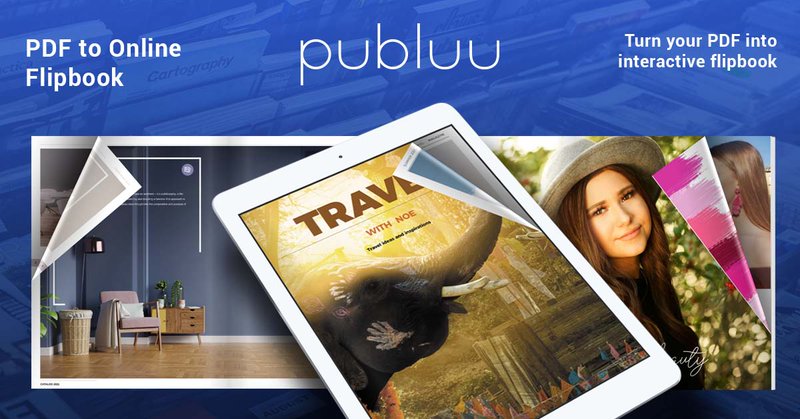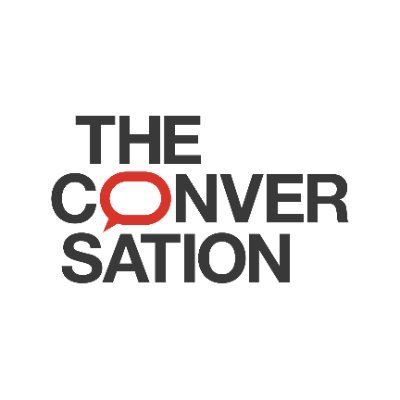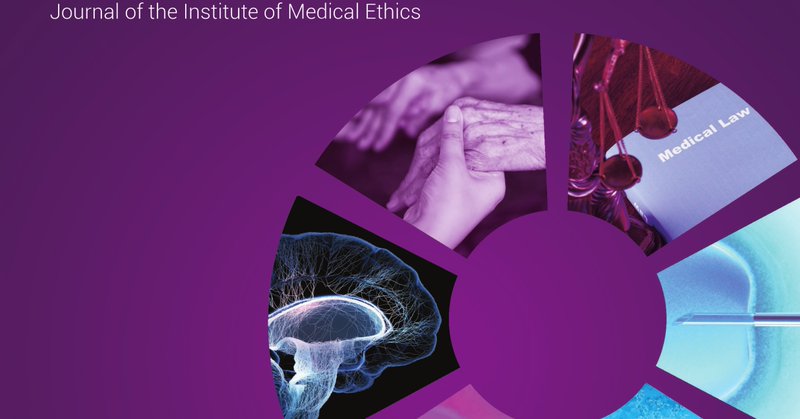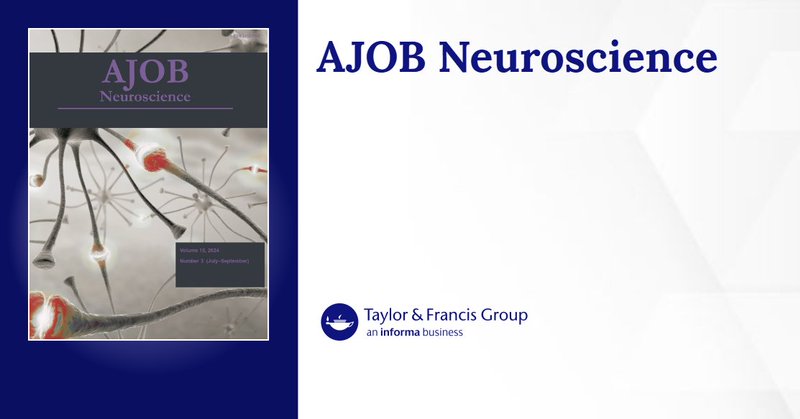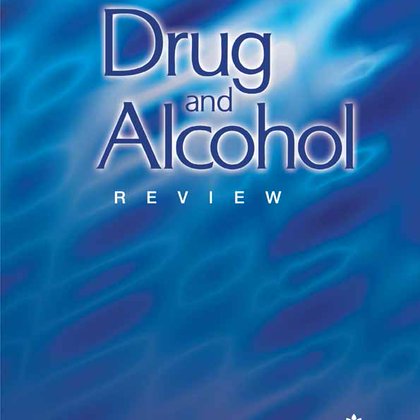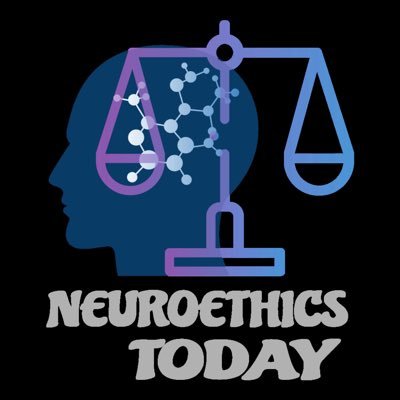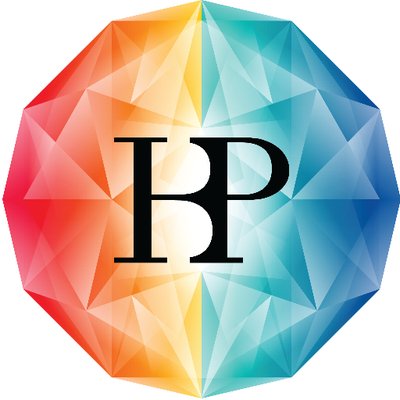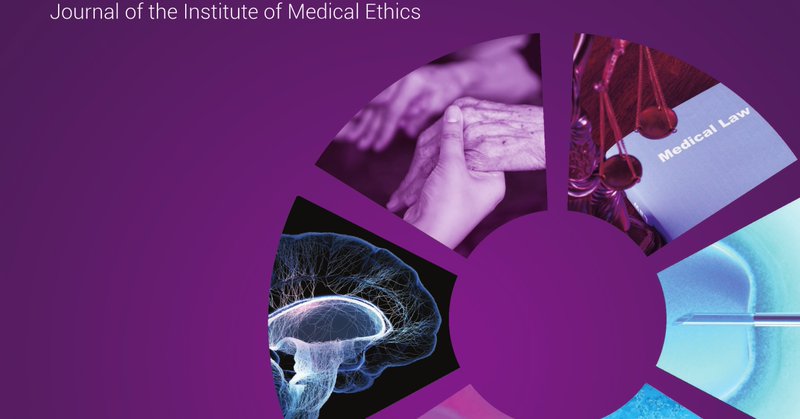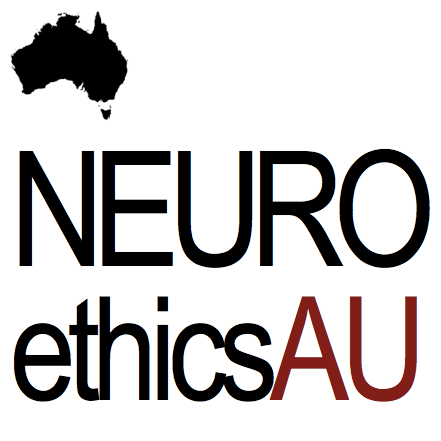
NeuroethicsAustralia
@NeuroethicsAU
Followers
2K
Following
569
Media
84
Statuses
3K
A multidisciplinary network of Australian researchers examining the ethical, legal, philosophical & policy implications of neuroscience.
Brisbane - Sydney - Melbourne
Joined June 2012
Australian neuroethics PhDs from @MonashUni @IsobelButorac and @NathanLHiggins travelled to last week's @neuroethicsinfo Annual Meeting in Baltimore, MD, USA. Both won awards for their presentations - well done Isobel and Nathan 👏 #Neuroethics2024
0
2
12
Very humbled to win a prize for best poster at the International Neuroethics Society’s Annual Meeting last week in Baltimore 🤓 #INS2024 #neuroethics24
2
2
11
Very happy to announce the release of the first issue of the very first Neuroethics Magazine organised by the INS public communication affinity group. A magazine for the #public! Enjoy the read :) (@neuroethicsinfo) #Neuroethics2024 #science #society
https://t.co/LgM45Vm1PX
publuu.com
Convert your PDF file into an online flipbook with a realistic page-flip animation. Add interactive elements, share and track how it performs
3
14
35
Last week Neuralink implanted its first patient, a significant milestone given recent internal and regulatory setbacks (animal mistreatment, founders leaving, failed FDA bid). I ask in @ConversationEDU: Is Neuralink prepared for this next set of clinical and ethical hurdles?
The technology to link human brains with computers is developing quickly – but the path ahead is full of challenges. "[...] Musk and his team must maintain a strong commitment to research integrity and patient care," writes Nathan Higgins (@MonashUni).
0
4
10
Neuralink has put its first chip in a human brain. What could possibly go wrong? · @NathanLHiggins via @ConversationUK
https://t.co/An75mcudUD
theconversation.com
The technology to link human brains with computers is developing quickly – but the path ahead is full of challenges.
1
2
5
New commentary from Monash PhDs @steph__slack and @NathanLHiggins in @JME_BMJ. Use of the term ‘invasive’ in medicine is often inconsistent and unclear. But how can we revise ‘invasiveness’ without confusing patients or influencing decision making? https://t.co/FEKQVqnOp3
jme.bmj.com
De Marco et al 1 argue that the standard account of medical ‘invasiveness’ (as ‘incision’ or ‘insertion’) fails to capture three aspects of its existing use, namely that invasiveness can come in...
0
3
6
1/2 New paper led by @Sarah_Haines_ with @MikeySavic - about healthcare providers’ beliefs and attitudes toward people who use addictive prescription medications after a #PMDP-generated red alert https://t.co/biEpm7BSWz
@NeuroethicsAU @MonashResearch @AddictResTheory
1
4
5
New from @steph__slack on potential threats to patients’ testimony and treatment preferences in digital psychiatry. "First-person disavowals of digital phenotyping and epistemic injustice in psychiatry"
link.springer.com
Medicine, Health Care and Philosophy - Digital phenotyping will potentially enable earlier detection and prediction of mental illness by monitoring human interaction with and through digital...
0
2
2
#DBS and changes in "personality": A catch-all with merits and pitfalls. New commentary out in AJOB #neuroscience #neuroethics @NeuroethicsAU
https://t.co/qw4KkPtWsz
tandfonline.com
Published in AJOB Neuroscience (Vol. 14, No. 3, 2023)
0
5
5
New qual paper led by the fab @Sarah_Haines_ (with @DrSuziNielsen & @NeuroethicsAU) explores the experiences of people who use opioids to manage chronic pain & highlights concerns about the potential (undesirable) impacts of opioid-related policy changes
onlinelibrary.wiley.com
Introduction People who use prescription opioids to manage non-cancer chronic pain are particularly vulnerable to opioid-related policy change. This study aims to better understand what prescriptio...
0
10
19
Our new article in @ijdrugpolicy explores the affordances of pauses & silences in online alcohol & other drug counselling. A pleasure to work with @tonyibarnett @KiranPienaar @NeuroethicsAU @NarelleWarren Emma Sandral @drvictoriamann1 @dan_lubman on this
0
13
26
"This represents a challenge for FDA: How should the agency handle a drug class that may need to be consumed in a particular setting with a certain type of supervision and accompanied by nondrug therapy to safely achieve its intended—and maximal—effect?" https://t.co/A3wkZ2o5af
science.org
Policy must support generation of evidence on safety and effectiveness
0
0
1
We are looking for 3 fab people with clinical/qualitative research skills & interests in alcohol & other drug research to join the @TurningPointAU Clinical & Social Research team as research assistants. Great opportunity to work on exciting policy & practice relevant projects!
Join our growing Clinical & Social Research Team! We have 3 Research Assistant positions available to work with us on exciting new projects in the #alcohol & #drug field. Learn more and apply now! 1. https://t.co/iKK0DgSqSI 2. https://t.co/Q0GhoVFQtZ 3. https://t.co/GL4AzRJ9Ql
0
22
22
Fantastic new qualitative research from @CassandraThom on patient and caregiver experiences of deep brain stimulation for treatment-resistant depression 👇 https://t.co/mAMFwIVIfK
journals.plos.org
Objective Deep brain stimulation (DBS) and whether it alters patient personality is a much-debated topic within academic literature, yet rarely explored with those directly involved. This study...
0
0
0
📣Don’t forget to check out the INS’s (@neuroethicsinfo ) ‘Neuroethics Essay Contest’.📣 More information below👇
0
11
11
This week on #EthicsDialogues: First systematic review of Artificial Intelligence impact assessment 👇 https://t.co/RxzN6pyc4X
nicsell.com
Bid on the RGP-Domain ethicsdialogues.eu. Bid now from €10 and secure the domain at an early stage!
0
2
8
Profound ethical discussion on neurotechnology with @NitaFarahany. She explores self-determination and autonomy as guiding principles with a focus on the individual as decision maker. Philosophically divides into modernism vs postmodernism thinking. https://t.co/g2nyjBGgvu
4
19
62
Congratulations @katherinebassil !!
That’s it. Just like that, PhD thesis has been submitted this morning. It’s out of my hands. What a journey. What a feeling! #phdlife #phdvoice #AcademicChatter #thesis
0
0
1
New paper outlines ethical issues in sports concussion guidelines resulting from COIs, processes of attributing expertise in sport-related concussion, unjustifiably narrow methodological control and insufficient athlete engagement in research and policy.
jme.bmj.com
The Concussion in Sport Group guidelines have successfully brought the attention of brain injuries to the global medical and sport research communities, and has significantly impacted brain injury-...
0
0
0
Now accepting submissions! Essay Contest by @neuroethicsinfo and @iyna_official to promote interest in neuroethics among students and trainees around the world. For eligibility, topic, and prize details: https://t.co/zSPcqS0EaI
#neuroethics #brainweek #brainawarenessweek
0
10
13



